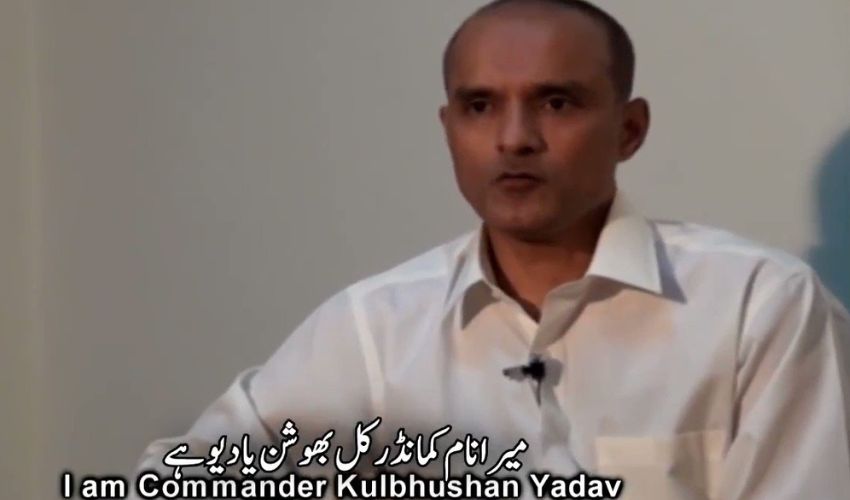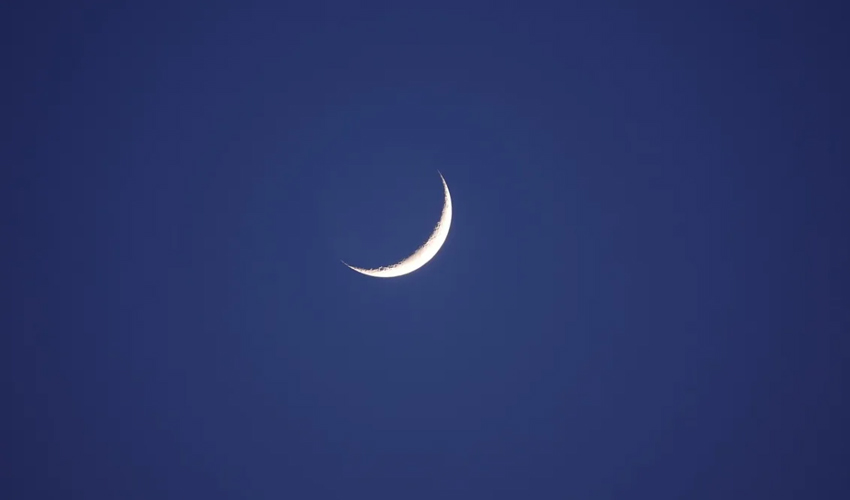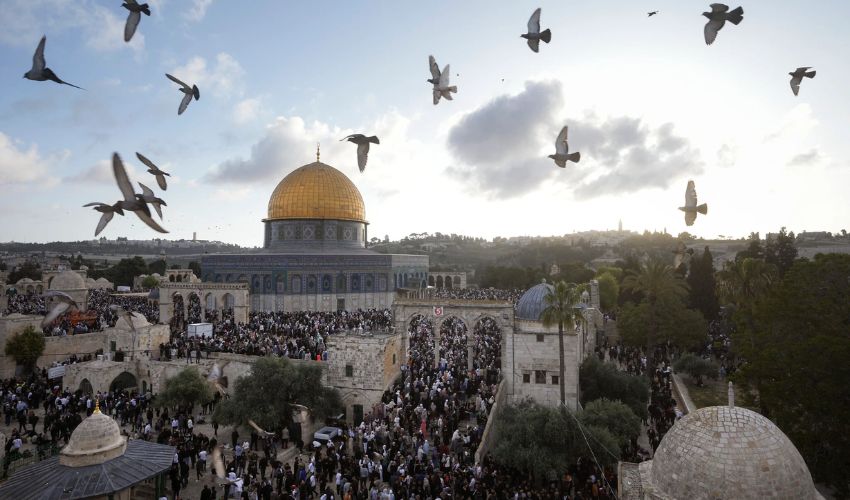Pakistan has accused India of supporting militant groups in Balochistan, citing recent attacks and alleged evidence of involvement by India's intelligence agency, Research and Analysis Wing (RAW).
Recent attacks by the Balochistan Liberation Army (BLA) have resulted in multiple casualties, including workers from Punjab. Pakistani officials claim these attacks are part of a broader strategy to destabilize the region and disrupt development projects, particularly the China-Pakistan Economic Corridor (CPEC).
In December 2023, a BLA commander reportedly surrendered and confessed to receiving financial support and safe havens from India. This confession aligns with Pakistan's long-standing allegations of Indian interference in Balochistan.
Pakistan points to the 2016 arrest of Kulbhushan Jadhav, an alleged RAW agent, in Balochistan as concrete evidence of Indian involvement. Additionally, statements by Indian officials, such as Defense Advisor Ajit Doval, about "breaking" Balochistan have been interpreted by Pakistan as threats.
Pakistani sources claim that India has established a special cell within RAW to undermine CPEC and Pakistan-China relations. They also allege that BLA commanders have received medical treatment in Indian hospitals and maintain connections with Indian politicians, citing a 2019 article in The Hindu.
The use of female operatives by militant groups, allegedly supported by India, has been highlighted by Pakistani officials. They claim figures like Mahrang Baloch and Mahal Baloch are used to spread disinformation and incite unrest in the region.
Pakistan's security forces continue to combat these threats, with the government emphasizing their commitment to protecting national interests and ensuring the region's stability.
The situation remains complex, with ongoing tensions between Pakistan and India contributing to the broader geopolitical dynamics in South Asia.



























